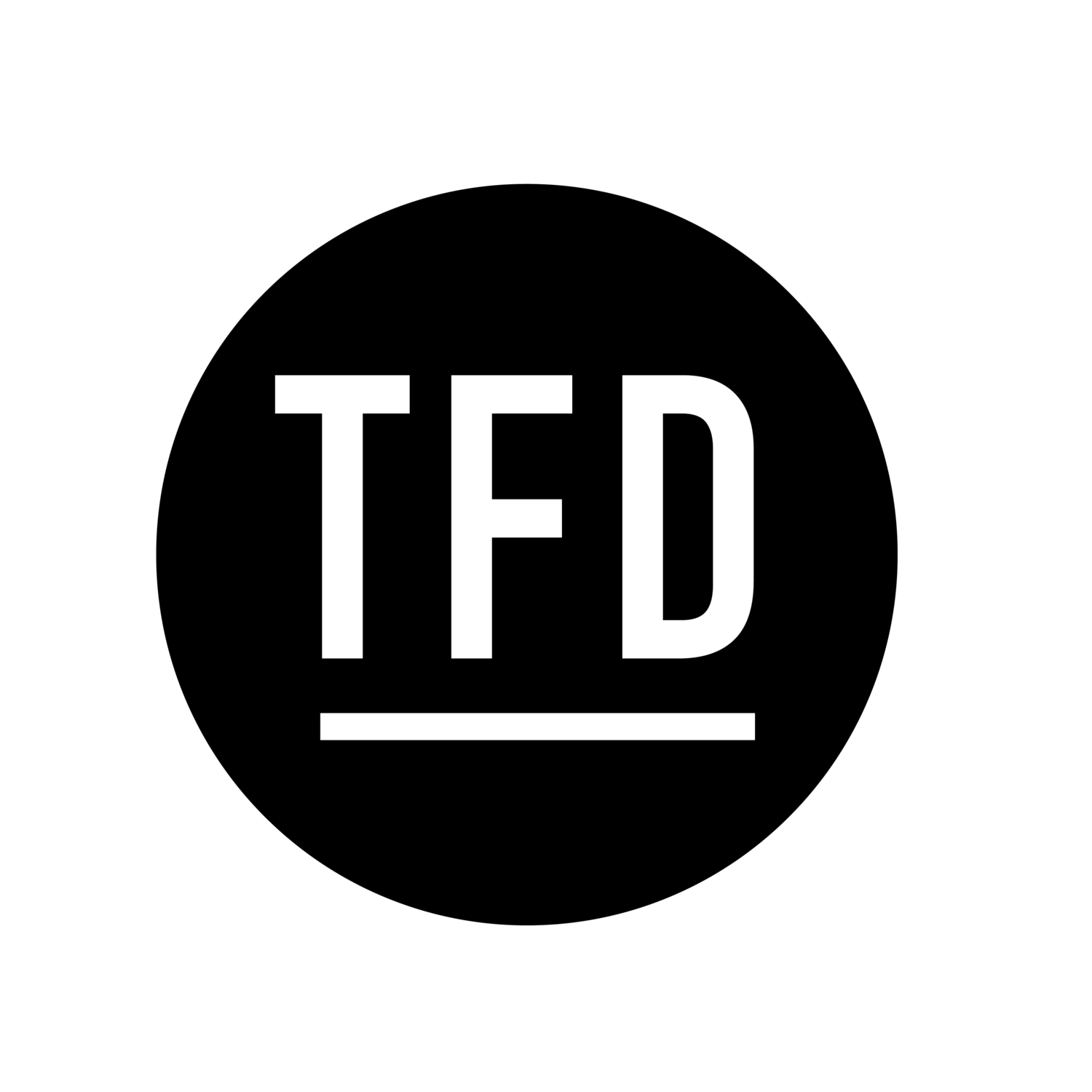Before digital privacy became the hot topic of interest, everyone was talking about reader revenue models. Almost every publisher in the country was considering how to incorporate reader revenue plans. One of the first companies to take a firm stand on requiring payment for their content wasThe Information. If you aren’t familiar with the technology-based news organization, you should check them out and take a peek at their unique membership model.
We are actively accepting new projects. Let’s talk if you want to build a deeper connection with your audience.



